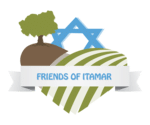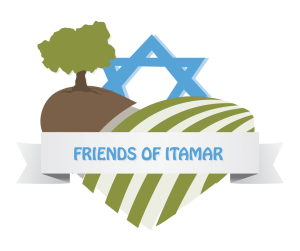Parashat Nitzvim – Standing Upright – 2009
Parshat Nitzavim September 11, 2009 “You stand upright this day, all of you before the Lord…” (D’varim 29 9:10) There are times to sit, times to run and tim
Parashat Ki Tavo “When you come into the Land” 2009
Parshat Ki Tavo September 3, 2009 “V’haya Ki Tavo el Ha’aretz” – “When you come into the Land”.(Dvarim 26:1) Being that this parsha falls on t
Parashat Re’eh – Roots and Identity – 2009
Parshat Re’eh August 13, 2009 When a person wants to validate his identity, he delves deep into his roots, verifies the provable facts; he can even check his genealogy and ex
Parashat Ki Tavo
Parshat Ki Tavo Elul 5768-2008 Hashem created this world through the method of dichotomy, thus we can distinguish good from evil. We are all familiar with the concept of opposites-
Parashat Shoftim
Parshat Shoftim Elul 5768-2008 “When you shall besiege a city for a long time in making war against it to take it, you shall not destroy its trees by forcing an axe against t
Parashat Ki Tavo
Parashat Ki Tavo Thursday, August 30, 2007 Last week’s parasha, Ki Tetzeh, ends with the mitzvah of remembering what Amalek did to us when we left Egypt. This weeks parasha
Parashat Eikev
Parashat Eikev Thursday, August 2, 2007 In this week’s Torah portion, parashat Eikev, we read about how Hashem loves the convert and provides him with bread and raiment.
Parashat Vaetchanan
Parashat VaatchananThursday, July 26, 2007 This week’s parasha opens with Moshe Rabeynu’s plea to Hashem to allow him to enter the Promised Land. Our rabbis teach us
Parashat Devarim
Parashat Devarim Thursday, July 19, 2007 Since we’re approaching Tisha B’av, this week’s Torah thought is centered on the destruction of the Bet HaMikdash. In o

